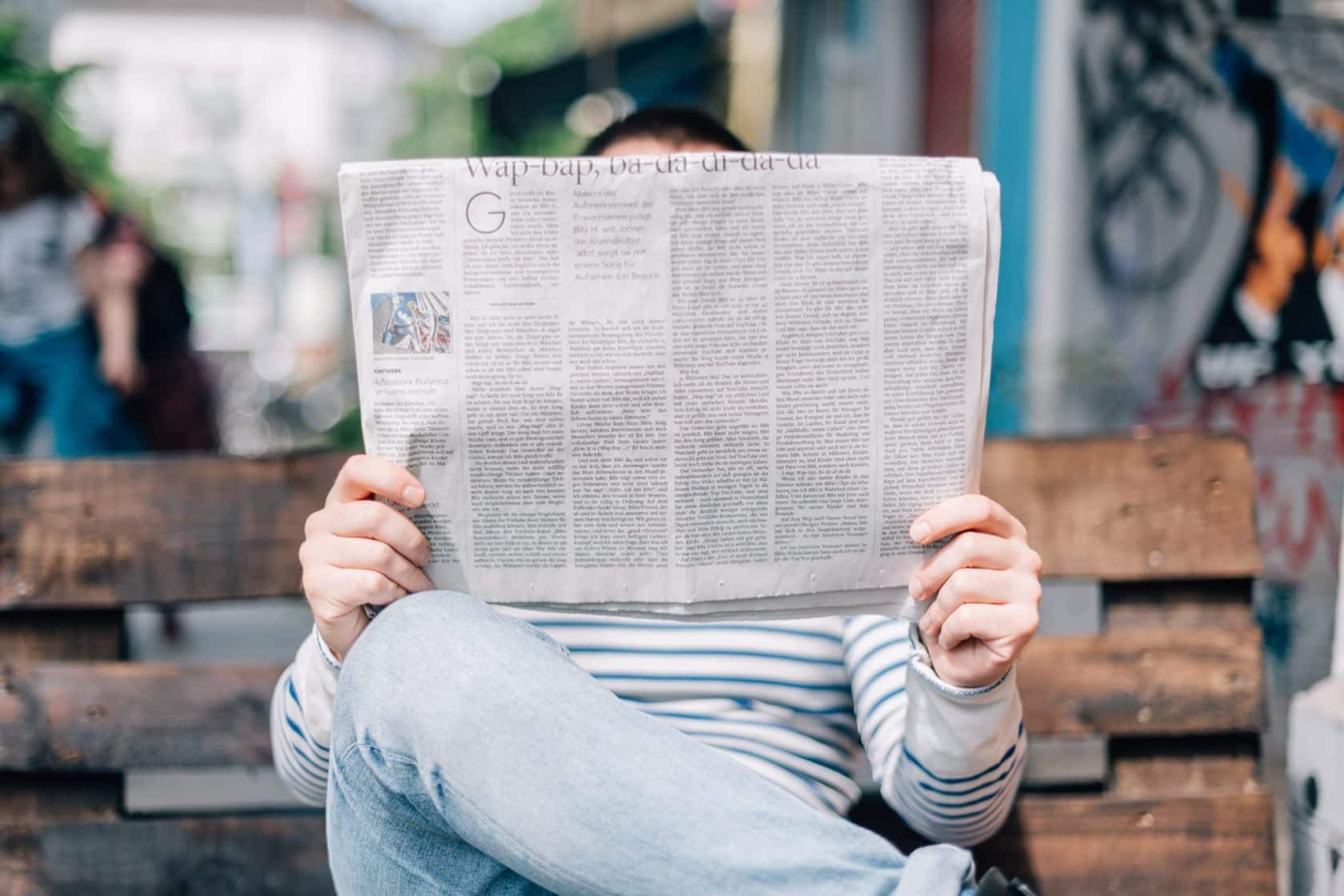
THE STORY: The Department of Homeland Security is trying to revise key parts of the H-1B visa. The proposed changes would revise the definition of a speciality occupation, potentially making it more difficult for foreign workers to secure H-1B visas.
THE CONTEXT: H-1B visas are temporary visas for foreign workers in speciality occupations. The H-1B has become one of the most standard ways for highly skilled foreign workers and international students to secure long term work in the U.S. Under current rules, speciality occupations refer to any jobs that require a “body of specialized knowledge” and generally a “bachelor’s or a higher degree.”
Now, the DHS is proposing to change the definition of “specialty occupation to increase focus on obtaining the best and the brightest foreign nationals.” This suggests an even stricter definition of speciality occupations which could make the H-1B visa more difficult to obtain. The proposed rule change would also “revise the definition of employment and employer-employee relationship” and “propose additional requirements designed to ensure employers pay appropriate wages to H-1B visa holders.”
WHAT’S NEXT: At this point, it is unclear when the DHS will try to implement these new rules. If put into effect, these revisions would represent a significant stripping of one of the most common business visas in the U.S.
Read the proposed rule change here and go more in-depth with this Forbes article.
—
THE STORY: Research from Pew finds that immigrants in the U.S. are more educated than ever before. The percentage of immigrants age 25 or older in the U.S. with a bachelor’s degree has risen from 7% in 1980 to 17.2% in 2016.
THE CONTEXT: There are currently an estimated 44 million immigrants in America, making up around 13% of the U.S. population. Today, immigrants are just about as likely as U.S.-born individuals to have a bachelor’s or postgraduate degree. In 2016, 30% of immigrants 25 years or older had a bachelor’s degree or higher, compared to 31.6% of U.S.-born individuals age 25 or older. Increases in immigrants’ education levels are tied to the yearly arrivals of highly skilled foreign workers through the Optional Practical Training and H-1B visa programs. At the same time, global literacy has also been on the rise. The literacy of people 15 years or older around the world has risen from 56% in 1980 to 85% in 2014.
WHAT’S NEXT: With changes to the H-1B visa program like the recent announcement that immigration officers were no longer required to give applicants a chance to revise their applications, the amount of highly skilled immigrants coming into the U.S. may change. It’s unclear what effect the Trump administration’s policies will have long term on the education levels of immigrants in the U.S.
Dig deeper into the numbers with this article from the Pew Research Center.
—
THE STORY: Immigration lawyers say that the Trump administration is making it harder for musicians and artists to come to the U.S.
THE CONTEXT: Since Trump took office in 2017, immigration lawyers and activists say that U.S. Customs and Immigration Services is asking for more and more information in artist visa applications. Foreign painters might be asked for details about where they had exhibited or musicians might be required to give information about where they are contracted to play in the U.S.
Requests for more information can particularly impact up and coming and experimental artists, who may not have as much of a track record as established artists. However, major museums like the Guggenheim say they haven’t had an artist cancel because of visa issues.
WHAT’S NEXT: With the Trump administration announcing more restrictions on visas every month, it’s unlikely the visa process is going to become less prohibitive for foreign artists.
Read further in this Observer article.